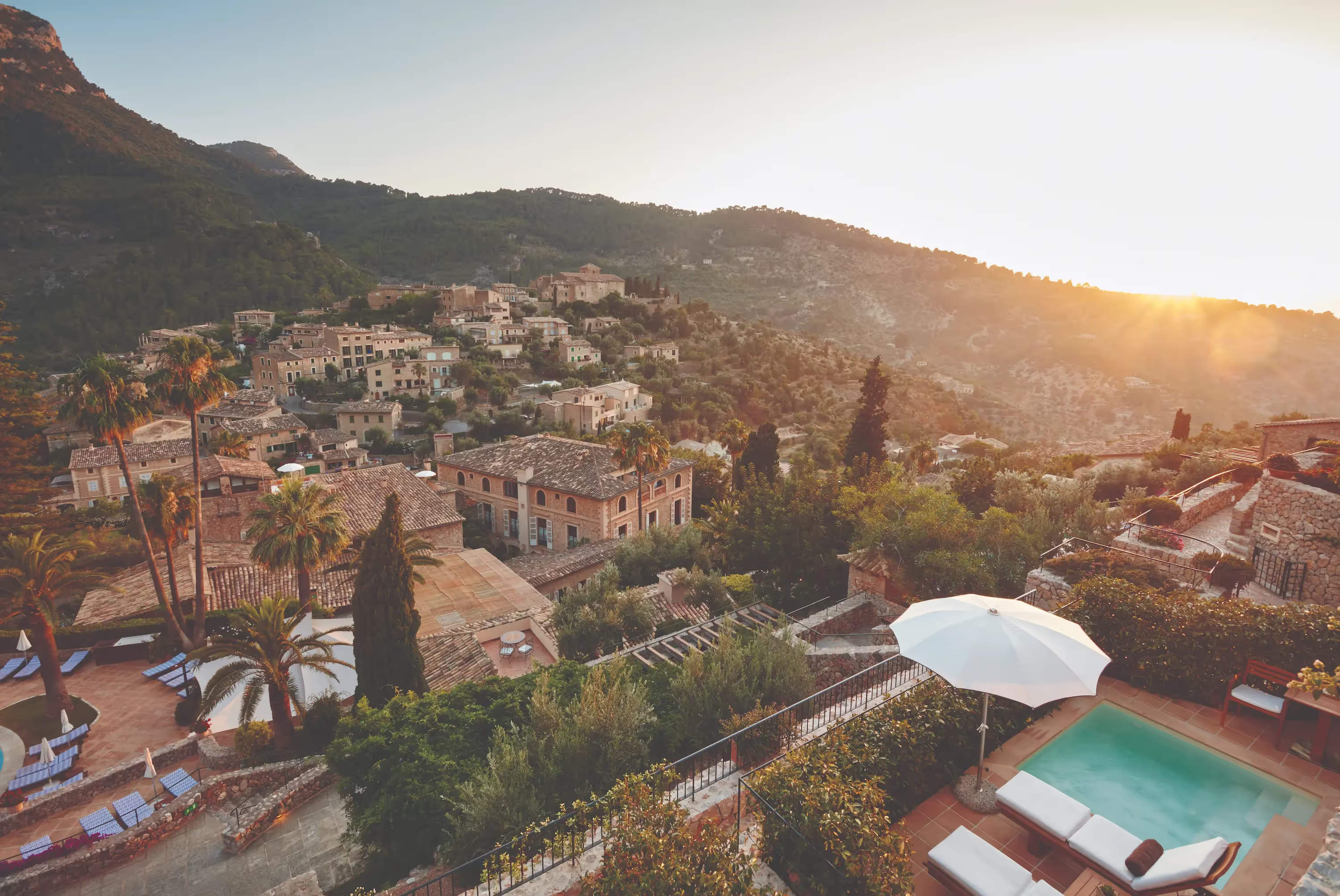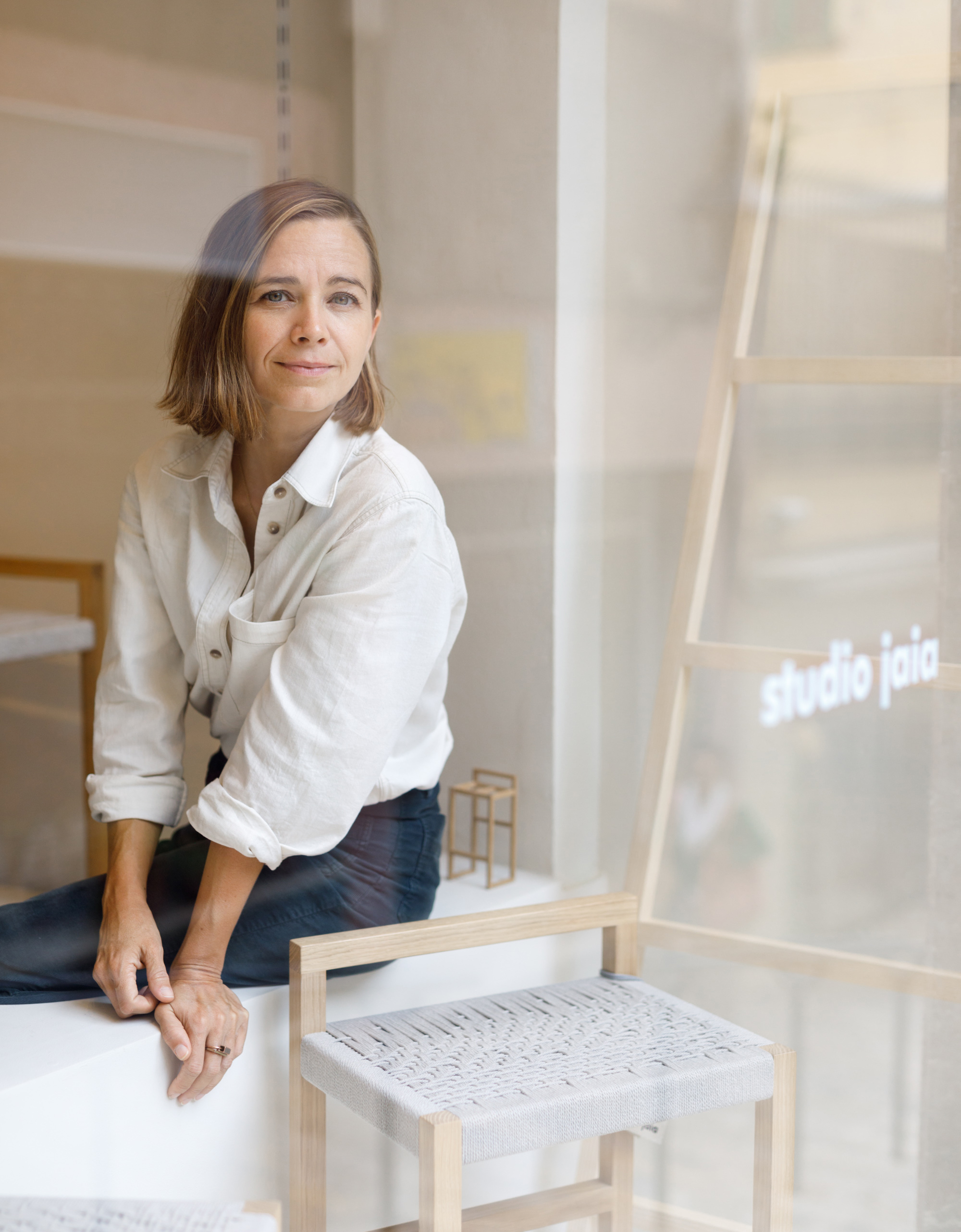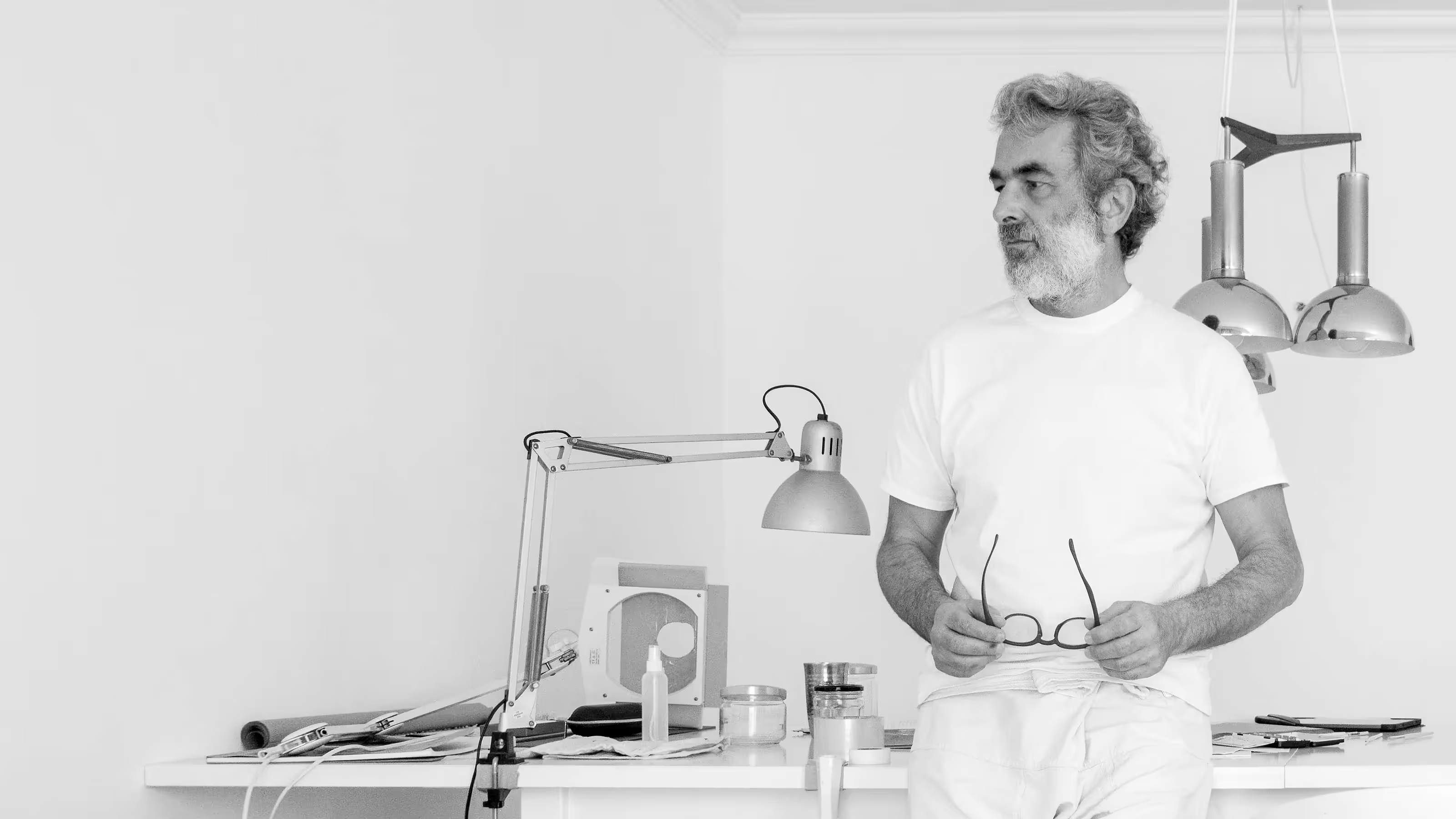
For both Marugal and Cap Rocat, regeneration is an important part of our strategy. It's in the DNA of our architecture, engineering, management, and, of course, our brand, from the very beginning. We are aware that there is a long way to go because we strive for excellence, and sustainability is a path of continuous improvement.


Cap Rocat has very ambitious sustainability goals. The challenge is to translate these goals into experiences to spread our commitment, because alliances and the commitment of clients and staff are essential to becoming a regenerative hotel. Specifically, Cap Rocat uses electricity exclusively from renewable sources and has a short- and medium-term investment plan to reduce its emissions by 40% compared to 2021. Additionally, we rigorously monitor water consumption and have an operational management plan to ensure the optimization of this resource. Cap Rocat was the first Plastic-Free hotel in the Balearic Islands, and now we are working to become Zero Waste, with actions such as composting 100% of the organic waste generated in our restaurants. But we don't stop there. We are located in a privileged environment that we must protect. We have switched to chemical-free products to become Zero Pollution, we have an electric boat, and our guests can only explore designated areas, avoiding any impact on nature. Equally important, we take care of people, ensuring compliance with equality and responsible hiring policies, prioritising local purchasing to help the local economy develop, helping our suppliers incorporate sustainability criteria into their operations, and promoting local culture and heritage throughout the value chain.
But since we want to go further, we have a program co-financed by guests and the property, with funds allocated to marine biodiversity protection projects in Mallorca. Our challenge is to be part of Mallorca's regeneration.
Some of the initiatives we've launched this year focus on resource circularity. For us, waste is a resource, and if it can't be, then there's room for improvement in that product's design. We recover all textile waste, which is then recycled into thermal insulation and new textiles. In partnership with social integration associations, we make products for guests using old sheets. All clear glass is managed by local artisans to create new products, such as glasses for one of our restaurants or flower vases found in guest rooms. Organic waste is transformed through a mechanical process into high-quality compost, which is then used in organic farming.

In 2030, Cap Rocat will be a regenerative hotel that has reduced its Carbon Footprint by 40% and offset its unreduced emissions. It will be a Zero Waste-Zero Pollution hotel and will continue to be a leading hotel in preserving local culture and heritage. Cap Rocat aims to achieve 60% local purchasing, a significant challenge on an island, but every year we can be proud of our progress. Our establishment is and will continue to be a hotel where people with special needs are included and where people can develop both professionally and personally. In short, Cap Rocat will always be a place where luxury and sustainability meet. The well-being of our guests is only possible if we strive to care for the well-being of the environment and the local community.











